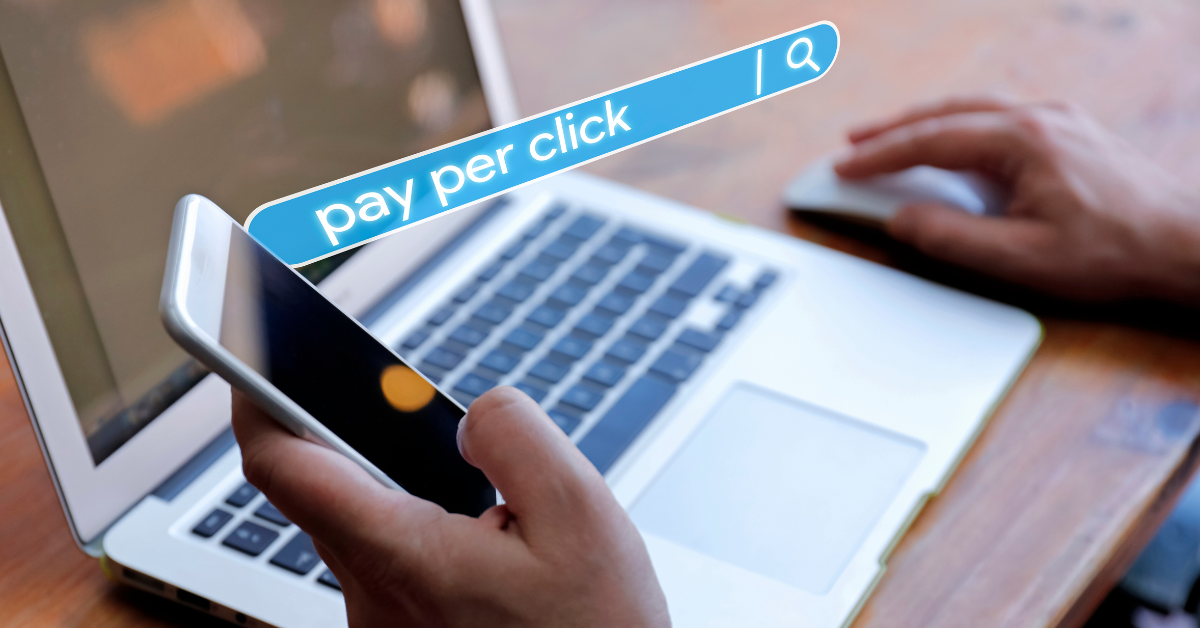Introduction
Pay-Per-Click (PPC) advertising has become a cornerstone of digital marketing. It offers businesses a way to drive targeted traffic to their websites by placing ads on search engines and social media platforms. However, managing PPC campaigns effectively requires specialized knowledge. That’s where hiring a PPC agency comes in. In this guide, we’ll explore the benefits of partnering with a PPC agency, the services they offer, and how to choose the right one for your business.
What a PPC Agency Does
Overview of Paid Search Advertising
PPC advertising allows businesses to reach their target audience by paying for each click on their ads. This method is efficient because it targets users who are actively searching for specific products or services. Platforms like Google Ads, Bing Ads, and social media networks provide businesses with tools to reach these potential customers. PPC is a great way to drive immediate traffic to your site and increase conversions.
Detailed Description of Services
A PPC agency offers a range of services that help manage and optimize your paid search campaigns. Here’s what they typically provide:
- Keyword Research and Analysis:
Identifying the most relevant and profitable keywords is crucial. A PPC agency conducts thorough research to ensure your ads are targeting terms that will bring in quality traffic. They analyze factors like search volume, competition, and cost-per-click (CPC) to optimize your ad spend. - Ad Copy Creation:
The success of your PPC campaigns hinges on compelling ad copy. Agencies craft engaging messages that not only attract clicks but also encourage conversions. By highlighting the unique selling points of your products or services, they create ads that resonate with your target audience. - Bid Management:
Effective bid management is key to maximizing ROI. Agencies adjust bids in real-time to ensure you get the best value for your money. This involves optimizing bids for specific keywords and using automated bidding strategies when necessary. - Campaign Setup and Structuring:
Proper setup and structuring of your campaigns are essential. Agencies organize campaigns into ad groups that target specific themes or products. This organization makes it easier to manage and optimize performance. - Landing Page Optimization:
Driving traffic to your website is just the first step. Converting that traffic is the ultimate goal. PPC agencies often optimize landing pages to ensure users who click on your ads find exactly what they’re looking for. This includes improving page load speed, layout, content, and calls to action (CTAs). - Performance Tracking and Reporting:
To measure the success of your PPC campaigns, agencies use advanced analytics tools. They track key performance indicators (KPIs) such as click-through rate (CTR), conversion rate, cost per acquisition (CPA), and return on ad spend (ROAS). Regular reporting provides insights for continuous improvement.
Why You Should Hire a PPC Agency
Advantages of Professional Management
Managing a PPC campaign is complex. It requires a deep understanding of various platforms, constant monitoring, and the ability to quickly adapt to changes. Here’s why hiring a PPC agency is beneficial:
- Access to Advanced Tools and Technology:
Agencies have access to the latest tools that are essential for optimizing your campaigns. These tools provide insights into keyword performance, competitor analysis, and audience behavior. Agencies use this data to fine-tune your campaigns for maximum impact. - Expertise and Experience:
PPC platforms like Google Ads are continuously evolving. New features, updates, and algorithms are introduced regularly. A PPC agency stays current with these changes, ensuring your campaigns are always optimized for success. - Better ROI:
Professional management typically results in a higher ROI. Agencies optimize every aspect of your campaigns, from ad copy to bid strategies and landing page design. This focused approach leads to better performance and more efficient use of your ad spend. - Time Savings:
Managing a PPC campaign requires constant attention. By outsourcing this task to a PPC agency, you free up valuable time to focus on other areas of your business, knowing that your campaigns are in expert hands.
The Complexities of Platforms Like Google Ads
Google Ads is the most widely used PPC platform. It’s also one of the most complex. Here’s why:
- Algorithm Updates:
Google frequently updates its algorithms. These changes can affect how your ads are displayed and ranked. A PPC agency navigates these updates and adjusts your campaigns accordingly to maintain optimal performance. - Advanced Targeting Options:
Google Ads offers various targeting options, from demographic targeting to retargeting and custom audience creation. While these options provide powerful ways to reach your audience, they add layers of complexity to campaign setup and management. Agencies have the expertise to leverage these options effectively. - Bid Strategies:
Google Ads offers multiple bidding strategies, such as manual CPC, target CPA, and maximize conversions. Choosing the right strategy requires a deep understanding of your business goals. A PPC agency helps you navigate these options, ensuring your bidding strategy aligns with your objectives.
How to Evaluate a PPC Agency
Key Questions to Ask
Selecting the right PPC agency is crucial. Here are some questions to help you make an informed decision:
- What is Your Experience in the Industry?
Understand the agency’s experience with PPC advertising, especially within your industry. Ask about their history, the types of clients they’ve worked with, and any challenges they’ve encountered. - How Do You Approach Campaign Management?
Discuss the agency’s approach to campaign management. How do they handle keyword research, ad copy creation, bid management, and performance tracking? Ensure their approach aligns with your business goals. - What Tools and Technology Do You Use?
The tools and technology used by the agency can significantly impact the success of your campaigns. Ask about the software and platforms they utilize for keyword research, bid management, and analytics, and how these tools will be applied to your campaigns.
Considerations for Choosing an Agency
When choosing a PPC agency, consider the size and specialization of the agency. Here’s what to think about:
- Large Agencies vs. Specialized Agencies:
Large agencies often offer a broad range of services beyond PPC. While this can be beneficial for businesses looking for an all-in-one solution, it may also mean less specialized attention for your PPC campaigns. Smaller, specialized PPC agencies may offer more personalized service and in-depth expertise. - Budget and Pricing Models:
Consider your budget and how the agency’s pricing aligns with it. Some agencies charge a flat fee, while others operate on a percentage of ad spend or performance-based model. Understand the pricing structure and ensure it fits within your marketing budget. - Long-Term Partnership Potential:
PPC advertising requires ongoing management and optimization. Choose an agency that you feel comfortable working with over the long term. Consider their communication style, responsiveness, and willingness to collaborate.
Conclusion
Investing in a PPC agency can significantly enhance your digital marketing efforts. By partnering with the right agency, you can leverage their expertise, advanced tools, and industry knowledge to achieve your business goals.
If you’re ready to take your paid search campaigns to the next level, we invite you to schedule a call with our team. Let’s create PPC campaigns that deliver exceptional results for your business.


